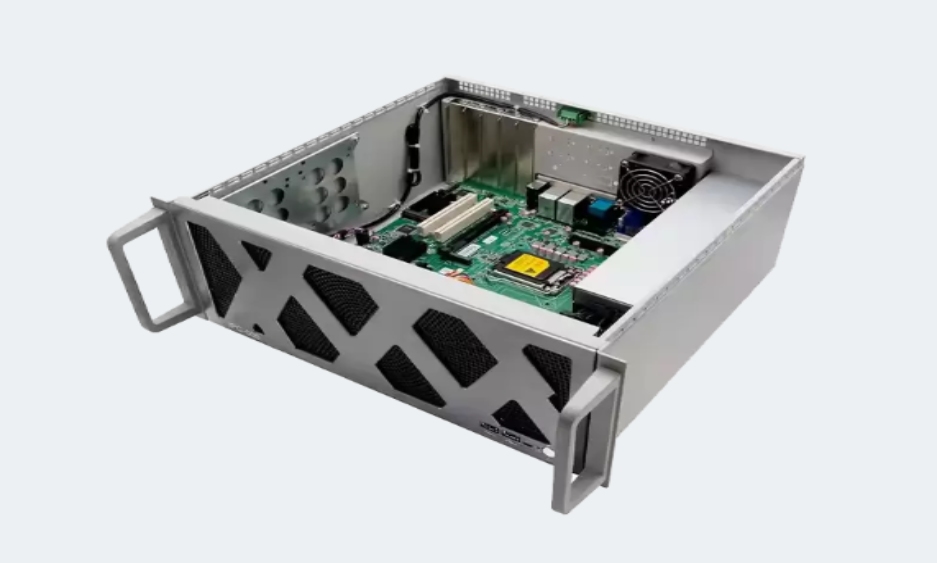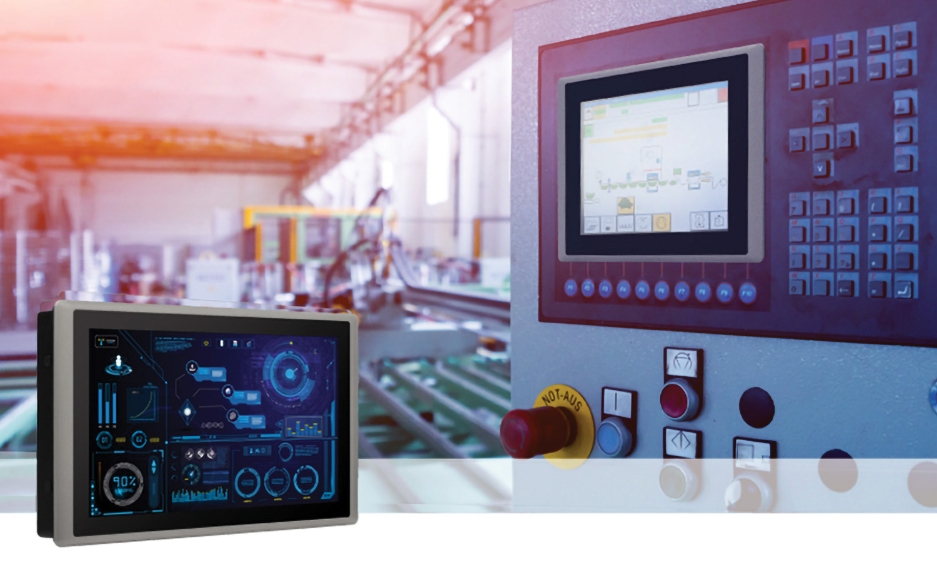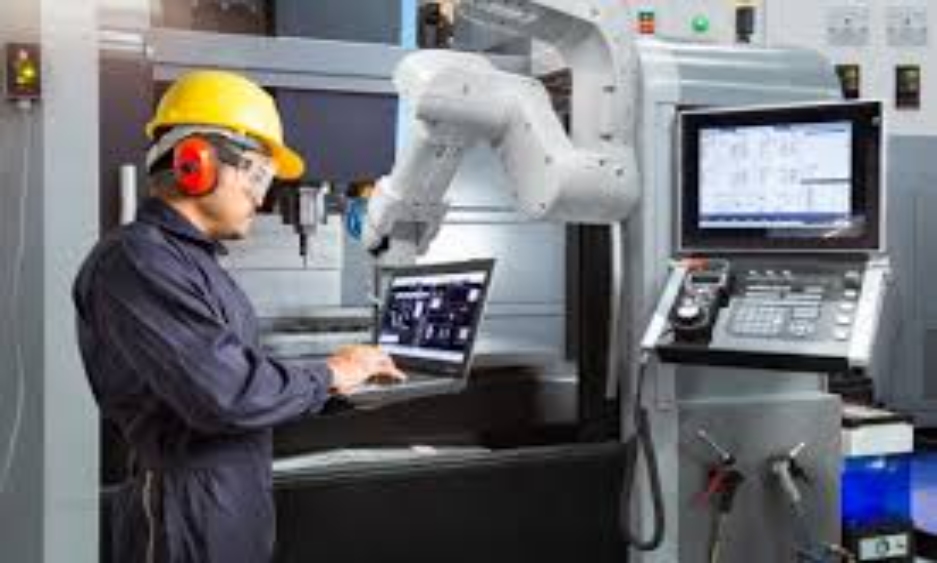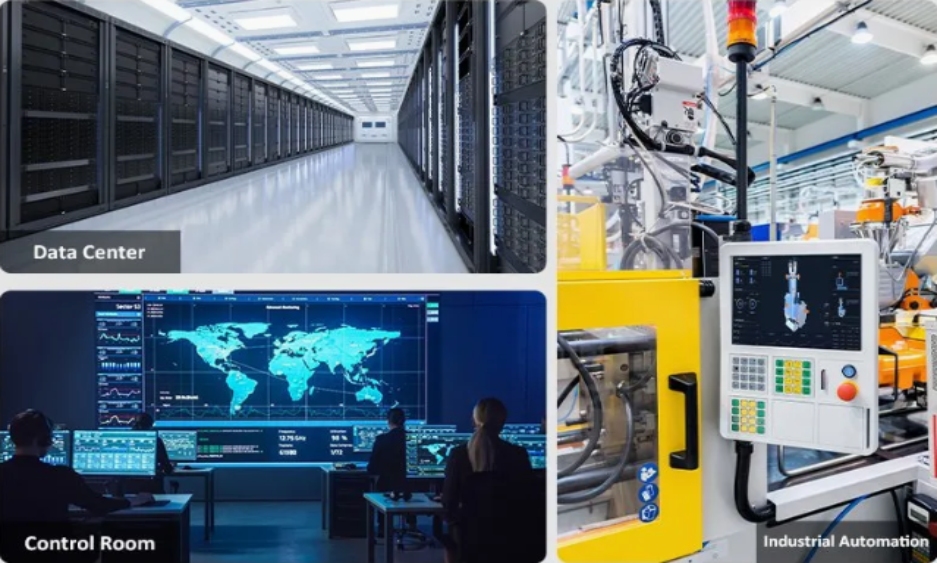The Ultimate Guide to 4U Industrial PCs for Industrial Automation
In contemporary industrial settings, computing hardware must withstand rigorous environments while delivering robust performance and reliability. Among the various form factors in industrial computing, the 4U industrial PC stands out as a versatile workhorse. This guide explores these systems in depth—from their design and features to how to choose and deploy them effectively—highlighting how a company like YENTEK, a high-tech enterprise focused on R&D, production, sales and service of industrial computing products, contributes to this space.
This guide is structured to provide clarity without overwhelming with numbered sections. Each heading addresses a vital aspect of 4U industrial PCs, and practical examples illustrate real-world usage.
Understanding the Industrial PC Landscape
Industrial PCs (IPCs) are engineered for reliability and ruggedness in environments where traditional consumer-grade computers may fail due to temperature extremes, vibration, dust, moisture, or electrical noise. They’re a cornerstone of modern automation—driving control systems, data acquisition, machine vision, robotics, and edge computing.
4U industrial PCs refer to rack-mountable systems occupying four rack units (U) of vertical space in a standard 19-inch equipment rack—roughly seven inches (178 mm). This form factor balances internal space for expansion, cooling capacity, power delivery, and I/O connectivity, making it a popular choice for industrial automation frameworks.
Exploring Industrial Automation Demands
Automation systems demand computing platforms that deliver sustained performance and uptime under challenging conditions. Key performance drivers include:
Continuous compute loads for real-time control and data processing
High reliability to minimize downtime
Expandable interfaces for legacy and modern tools
Mechanical robustness and thermal efficiency in harsh environments
Industrial PCs like those in a 4U form factor often integrate multiple expansion slots (e.g., PCIe, PCI), support ECC memory, dual NICs, and watchdog timers—a compelling match for automation architectures.
Design Attributes of a 4U Industrial PC
What sets a 4U industrial PC apart? The form factor grants ample internal volume to incorporate:
Multiple expansion bays for controllers, vision cards, GPUs or fieldbus interfaces
Redundant or high-wattage power supplies to support peripherals and I/O modules
Enhanced cooling systems—dual or triple fans, airflow paths, even liquid cooling options
Rugged chassis with welded steel, reinforced corners, and grounding for EMI resilience
Efficient thermal design to manage heat in sealed racks or open frames
Rack-mountable brackets and standard mounting rails make deployment in control panels or data centers seamless.

Core Components and Expandability
A well-designed 4U industrial PC integrates:
Motherboard choices: Industrial-grade boards with socketed CPUs (often Xeon or Core-series) that support ECC memory
Processor options: Xeon or multi-core Intel/AMD processors that balance performance and thermal headroom
Memory architecture: ECC DIMMs, scalable up to 128 GB or more for compute-intensive workloads
Storage: Combinations of M.2 NVMe, SATA SSDs, RAID arrays, or even hot-swap bays
Expansion slots: Full-height PCIe and PCI slots for automation cards, additional I/O, GPUs, or FPGA modules
Network interfaces: Multiple Gigabit or 10 GbE ports; optional Wi-Fi or other protocols
External I/O ports: USB, serial (RS-232/422/485), VGA/DisplayPort, audio, digital I/O—all accessible via front or rear panel
This modularity empowers integrators to tailor systems exactly to application needs—whether controlling SCADA, running AI inference in vision systems, or orchestrating PLC communications.
Reliability and Serviceability
Industrial applications often demand continuous operation. Reliability enhancements include:
ECC memory to detect and correct memory errors
Watchdog timers to automatically reset frozen systems
RAID-protected storage to guard against disk failures
Dual power supplies with auto-failover
Remote management interfaces (IPMI, KVM-over-LAN) for remote monitoring
Serviceability features such as front-accessible drive bays, hot-swappable fans, and modular power units minimize downtime during maintenance.
Thermal Management in Harsh Conditions
Reliable cooling ensures longevity. Good thermal design in 4U systems features:
High-flow fans optimized for industrial dust levels
Air filters that are accessible and cleanable
Thoughtful airflow channeling that isolates hot components
Optional heatsinks or conduction plates for high-temperature racks
Even in environments with elevated ambient temperatures—like factory floors—such design helps maintain component stability.

Customization Versus Standard Builds
There’s a choice between:
Off-the-shelf industrial PCs: Fully assembled units with standard configurations—cost-effective and quick to deploy
Customized builds: Tailored solutions integrating specialized I/O, branding, certifications, or proprietary modules
This is where specialists like YENTEK shine—they bring deep expertise as a high-tech enterprise focusing on R&D, production, sales and service of industrial computing products. Their service model supports both standard product lines and bespoke engineering, ensuring solution alignment with client automation needs.
Selecting the Ideal System for Your Use Case
When choosing a 4U industrial PC, weigh:
Compute demands: For real-time control or machine vision, focus on CPU and memory capacity
Peripheral connectivity: Identify required expansion slots and I/O for legacy or proprietary equipment
Environmental resilience: Suitability for temperature, humidity, dust, vibration, and electrical noise
Redundancy and uptime: Determine need for dual power, RAID, and watchdog systems
Certifications: Compliance with CE, UL, or industry-specific standards depending on region or field
Support and lifecycle: Long term availability and proactive maintenance from manufacturer or vendor
With these criteria, you can match system design precisely to application demands.
Integration into Automation Architectures
Deployment of a 4U industrial PC in automation frameworks typically involves:
Rack mounting in control room or edge cabinet
Integration with PLCs, sensors, robots, or vision systems—often via serial, digital I/O, or fieldbus cards
Connection to networks for SCADA, MES, or enterprise systems
Power connection with optional UPS or power conditioning
Environmental protections such as filtered air intake or temperature control in enclosures
Industrial PCs often serve as data concentrators or coordination hubs, linking control logic, machine-level intelligence, and higher-level systems.

Maintaining Operational Health
Long-term management includes:
Monitoring system health via IPMI or embedded utilities
Configuring alerts for temperature, fan, power supply or storage anomalies
Scheduling preventive maintenance—such as fan and filter cleaning
Ensuring BIOS, firmware, and OS patches are appropriate and qualified for industrial use
Securing the system, including physical lock-down, data encryption, and minimizing attack surfaces
Effective maintenance extends lifespan and enhances operational dependability.
Cost Considerations and Long-Term Value
While upfront costs for 4U industrial PCs are higher than consumer systems, they offer:
Extended service availability—common in industrial components for 5 to 10 years or more
Fewer failures and less unscheduled downtime—translating to operational savings
Reduced demand for field replacements, configuration, and system recovery efforts
Scalability to evolve with automation needs through modular upgrades
Working with manufacturers like YENTEK—offering integrated R&D, production, sales, and service—provides continuity and ensures compatibility across hardware, middleware, and support.
Guidance for Migration and Lifecycle Management
Industrial environments evolve gradually. When upgrading, consider:
Preserving rack mounting and I/O card compatibility
Ensuring firmware and OS match legacy equipment interfaces
Keeping consistent peripheral form factors (e.g., drive bays or fans) to simplify replacement
Documenting system configurations and part numbers for replacements
Collaborating with vendors for phased rollouts and support continuity
Manufacturers providing end-to-end services, such as YENTEK, help streamline migrations by maintaining part availability and technical guidance.

Conclusion
A 4U industrial PC offers the ideal fusion of reliability, expandability, and serviceability essential to demanding automation environments. With the capacity to integrate diverse controllers, I/O modules, and storage arrays within a rugged, rack-mountable chassis, these systems act as a central node in industrial control architectures.
When selecting a device, prioritize compute performance, I/O flexibility, environmental resilience, redundancy, and serviceability. Partnering with a high-tech enterprise like YENTEK, which specializes in R&D, production, sales, and service of industrial computing products, ensures both robust initial deployment and long-term operational support.
4U Industrial PCs: Key Uses and Their Role in Industrial Automation
